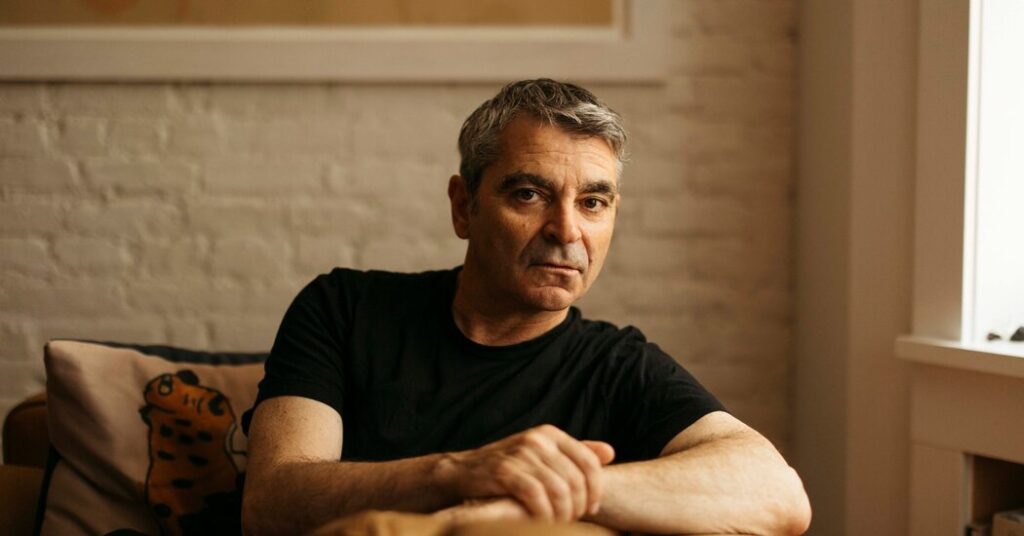But while O'Neill draws much from contemporary life in his novels, he sees a difference between novels and short stories and essays. “His books are necessarily political, too, but not, I hope, in a didactic sense,” he writes. “One of the fundamental aims of writing, or painting, or composing music, is to create an interpretable language that transcends our usual, boring view of the world.”
Sandy Tate, a friend of O'Neill's who helps fund and coordinate the grassroots effort, put it simply: “Instead of seeing engaged citizens in literary works, we see writers in political articles.”
“There are so many people like Joe,” Tate continued, who are witty, smart, and competitive, but above all, “people who believe deeply in fairness and justice and who cannot sit by and watch.”
Whereas Godwin's story seemed mysterious and unfinished a few years ago, O'Neill now has a compelling view of it: he sees the writing cooperative as “a liberal democracy, a collective dream,” while Woolf's version is “more piratical, dealing with capitalism and neocolonialism.”
Mark's travels around the world allow the story to touch on some of the ugliest possibilities in the realm of human behavior: the legacy of slavery in Benin, the exploitative practices inherent in professional sports, and racism. But it is Lakeisha, the novel's embodiment of idealism, who speaks the book's first and last words: “There's a lot to look forward to.”
Jumana Khatib is the editor of Book Reviews.
Follow New York Times Books Facebook, twitter and InstagramApply Newsletter or Our Literary CalendarAnd listen to us Book Review Podcast.


